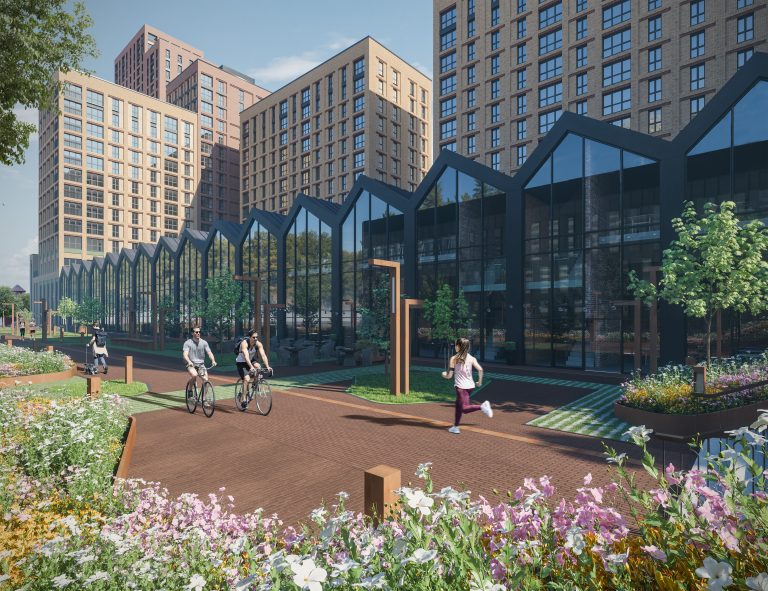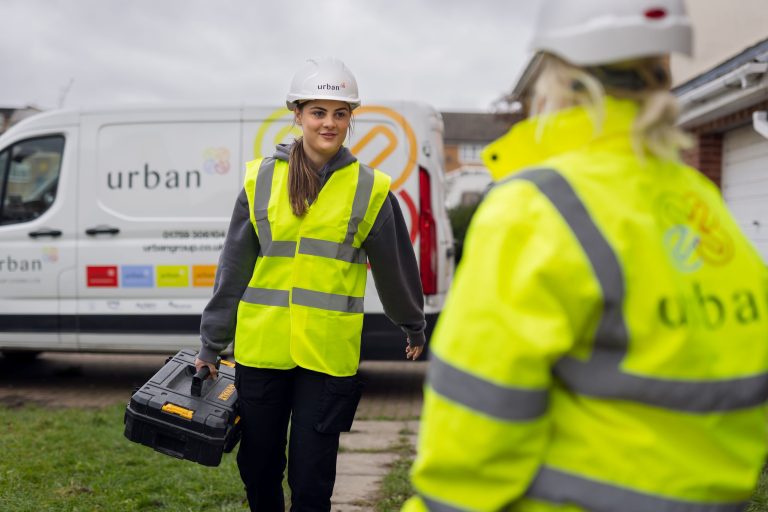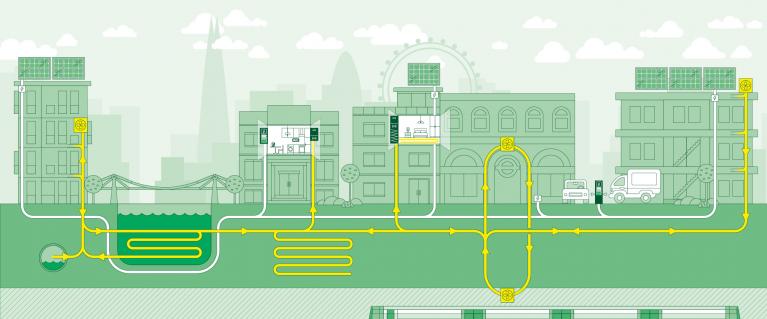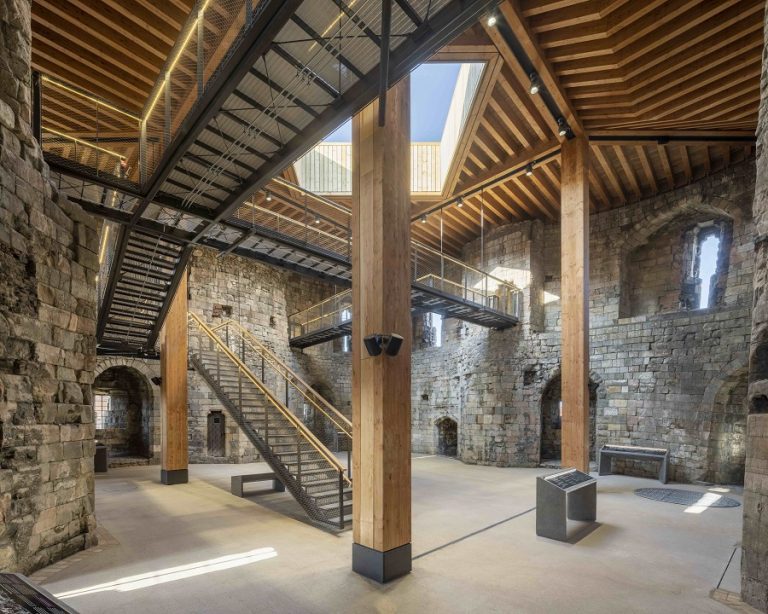Glenigan, one of the construction industry’s leading insight and intelligence experts, releases the August 2023 edition of its Construction Review. The Review focuses on the three months to the end of July 2023, covering all major (>£100m) and underlying (<£100m) projects, with all underlying figures seasonally adjusted. It’s a report which provides a detailed and comprehensive analysis of year-on-year construction data, giving built environment professionals a unique insight into sector performance over the last 12 months. The central finding of the August Review is that construction-starts remained weak throughout the three months to the end of July, with main contracts awards also slumping as the sector continues to be weighed-down by a stalled economy. Sustained external pressures continue to be the root cause of this disappointing performance. Rising interest rates and inflated material, fuel, and labour costs have shown no signs of easing in the short-term, further weakening investor and consumer confidence. Yet again, project-starts dropped, this time by 10% against the preceding period, to stand 33% lower than the same time a year ago. These disappointing figures were echoed throughout the construction pipeline, with main contracts awards also falling back against the preceding three months (-24%) to finish 33% behind the year before. However, a couple of bright spots appear amidst the gloom. While detailed planning approvals fell 26% against the preceding three months, the value increased by 37% against the previous year. Further, major project planning approvals were up a massive 167% on 2022 levels. This is indicative of recovery on the horizon, buoyed by upcoming planned major works which will provide a much-needed boost to the industry. Commenting on the findings in the August Review, Glenigan’s Economic Director, Allan Wilen, says “Starts on site are softening and, as global and national disruption continues, we’ll likely see clients continue to adopt a cautious approach, pushing back start dates until the economic landscape looks less hostile. Short term, changing Government priorities in the run-up to the General Election are also likely to slow investment in major infrastructure projects, halting activity further. “Despite this, residential construction offers a glimmer of hope, with increases in private housing starts helping to offset sluggish activity in this sector vertical.” With one or two exceptions, the sector-specific and regional index, which measures underlying project performance, painted a picture of general decline. Taking a closer look… Sector Analysis – Residential Residential construction experienced an uptick, rising by a fifth (+21%) during the Review period, but remained 26% lower than a year ago. Private housing starts increased 40% during the three months to the end of July, but fell back 26% on 2022 levels. Social housing starts were down 25% on the preceding three months and 21% on the year before. Sector Analysis – Non-Residential Non-residential performance was weak. However, the health sector showed some signs of life, growing 23% against the preceding three months but remaining 25% lower than 2022. Posting one of the worst performances, office project-starts suffered a 35% fall during the three months to July, with levels declining 50% against last year. Similarly, industrial starts also fared poorly with their value slashed 24% against the preceding three months and 51% compared to the same period in 2022. Hotel & Leisure starts declined 22% against the preceding three months and 41% compared to last year. Retail followed a similar trajectory, remaining flat against the preceding three months and standing 40% down on the year before. Education and Community & Amenity also crashed, dropping 34% and 36% against the preceding three months, to stand 7% and 40% down on the previous year, respectively. Civils work starting on-site crumbled, falling back 25% against the preceding three months to stand 46% down on a year ago. Infrastructure starts dropped 8% during the Review period, finishing 45% on the previous year’s figures. Utilities starts also declined 43% against the three months to the end of July, finishing 49% down on a year ago. Regional Performance Regional performance was generally poor, however, the South West and East Midlands fared relatively well with project-starts increasing 9% and 3% on the preceding three months, respectively, but slipping back 32% and 37% on 2022 levels. The East of England followed a similar trend, with the value of project-starts advancing 4% against the preceding three months but remaining 31% behind the previous year. The North East (-26%) performed particularly poorly against the preceding three months, falling back 44% against a year ago. Wales fared worse still, finishing 30% down on the previous three months and 43% against the previous year’s levels. Project-starts in the South East also experienced falls against both the preceding three months (-7%) and previous year (-32%). Yorkshire & the Humber and London weakened against the preceding three months, falling back 4% and 15%, respectively. Both regions were down on the previous year, remaining 35% and 30% lower than a year ago. This was also the case in the West Midlands, the North West and Scotland, which all crashed compared to both the preceding three months and previous year. To find out more about Glenigan and its construction intelligence services click here. 2023 sees Glenigan celebrate its 50th anniversary, commemorating half a century of delivering the highest-quality construction market intelligence. To find out more about its services and expertise click here. Building, Design & Construction Magazine | The Choice of Industry Professionals













